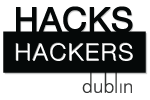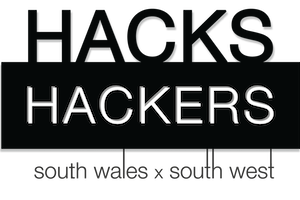European Data and Computational Journalism Conference
6th and 7th July 2017, Dublin, Ireland
Proceedings HerePowered By

The Conference
The European Data and Computational Journalism Conference aims to bring together industry, practitioners and academics in the fields of journalism and news production and information, data, social and computer sciences, facilitating a multidisciplinary discussion on these topics in order to advance research and practice in the broad area of Data and Computational Journalism.
Held in Dublin, Ireland, the conference presented a mix of academic talks and keynotes from industry leaders. It is followed by a half-day 'Introduction to Data Journalism' workshop and the 'Computational and Data Journalism Unconference'.
Speakers
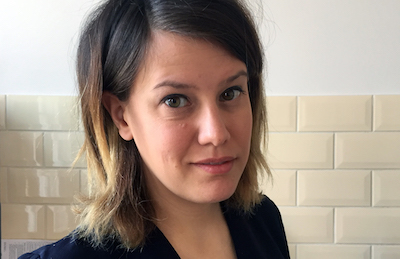
Clara Guibourg
Google News Lab
Clara Guibourg is a data analyst with the Google Trends team in London. Clara works with journalists from across Europe on a range of collaborative projects involving data journalism and visualization. Clara has worked on projects focusing on the EU referendum as well as the recent US, Dutch and French elections and multiple broadcast partnerships. Clara is an alumni of City University of London’s Interactive Journalism MA programme, and before joining Google in 2016 she was a financial journalist at City AM. You can find more about her work and that of the Google News Lab on g.co/newslab
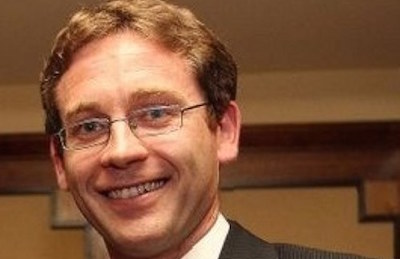
Conor Ryan
RTÉ
Conor Ryan is a journalist with the RTE Investigations Unit. Previously he worked in investigative and political correspondent roles with the Irish Examiner. He has been in journalism for 15 years working for the Irish Examiner, Tallaght Echo, Clare FM and as a freelance reporter. He was a contributor to Ireland and the Freedom of Information Act FOI@15 (Manchester University Press, 2015) In 2010 his investigative book Stallions and Power: The Scandals of the Irish National Stud was published.
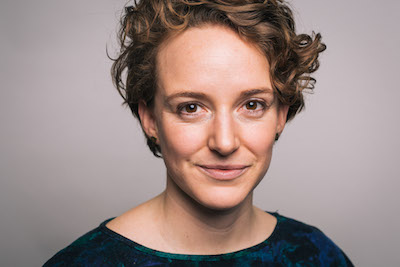
Megan Lucero
The Bureau Local
The Bureau of Investigative Journalism
Megan Lucero is the Director of the Bureau Local, a unique national hub of journalists and technologists working together to investigate stories that matter in communities across the UK. Megan, formerly the Data Editor at The Times and Sunday Times, was part of the first data journalism team at The Times and led its development from a small supporting unit to a key component of investigations. She spearheaded the paper’s political data unit ahead of the 2015 General Election – making it the only one in the industry to reject polling data ahead of the vote. Using computational method, her team brought many issues into the public eye and won awards for revealing the widespread use of blood doping in the Olympics.
Conference Schedule
Below is the conference schedule. Proceedings of the conference are available
Day 1 - Thursday July 6th 2017
Sutherland Building, Hayes & Curran Theatre
| Time | Talk |
|---|---|
| 9:30 | Registration |
| 10:00 | Opening |
| 10:15 | Invited Talk Conor Ryan, RTÉ Investigations |
| 11:00 | International Data Journalism year in review Marianne Bouchart, HEI-DA, France |
| 11:20 | The Gamma: Programming tools for open data-driven storytelling Tomas Petricek, Alan Turing Institute, UK |
| 11:40 | Break |
| 12:00 | Detail Data: Data journalism with impact Kathryn Torney, The Detail Data, Northern Ireland, UK |
| 12:20 | The state of Data Journalism globally Bahareh Heravi, University College Dublin, Ireland |
| 12:40 | Launch of UCD Data Journalism programme Professor Colin Scott, University College Dublin, Ireland |
| 13:00 | Lunch |
| 14:00 | Leveraging Search data to bring Elections to life Clara Guibourg, Google News Lab, UK |
| 15:00 | Using baselines for algorithm audits Jennifer Stark and Nicholas Diakopoulos, University of Maryland, USA |
| 15:20 | Data Journalism as a civic duty: Lessons from Data Journalism in Developing Countries Eva Constantaras, Internews, USA |
| 15:30 | Break |
| 15:50 | Now we are three: A perspective on Computational and Data Journalism Education Martin Chorley and Glyn Mottershead, Cardiff University, Wales, UK. |
| 16:10 | Automated Analysis of Journalists’ and Politicians’ Online Behavior on Social Media Marcel Broersma and Marc Esteve Del Valle, University of Groningen, The Netherlands. |
| 16:30 | Invited Talk Megan Lucero, Bureau Local, The Bureau of Investigative Journalism. |
| 17:15 - 17:30 | Closing |
Conference Social
The conference will be followed by a social gathering at The South William at 20:30. Please come along and join us for drinks and discussion!Day 2 - Friday July 7th 2017
Newman Building
- Track 1: Introduction to Data Journalism Workshop (9:30 - 13:00 - D107)
- 9:30 - 10:30: Introduction to Data Journalism, Tips & Tricks for Data Journalism starters
- 10:30 - 11:00: Introduction to R for Data Journalists
- 11:00 - 11:20: Break
- 11:20 - 12:30: Introduction to R for Data Journalists
- 12:30 - 13:00: The way forward
- Track 2: Computational and Data Journalism Unconference (9:30 - 13:00 - D101)
- 9:30 - 10:00: Welcome and introduction, topic pitches
- 10:00 - 13:00 Discussion, panels, talks, tutorials…
Venue
The conference will be held at University College Dublin.
- Day 1 - The main conference will be held at the Sutherland Building.
- Day 2 - The workshop and unconference will both be held at the Newman Building.
UCD Belfield Campus
University College Dublin, Belfield, Dublin 4, Ireland.
Eircode: D04 V1W8
The Belfield campus is located 4km from Dublin city centre on the N11. There are many travel options from various parts of the city, the local suburbs and indeed the whole country. Some of the options are listed below.
Please visit the UCD commuting website for a comprehensive list of maps and detailed information on how to get to the UCD Belfield Campus, including bus, rail, bike, car, taxi, and tram. You can also visit the UCD Commuting guide.
Transport to UCD Belfield Campus
From Dublin Airport
Dublin is served by Dublin International Airport and UCD is approximately a 20 minute drive from the airport.There are frequent connecting buses from the airport to the City Centre.
Aircoach is a bus service from Dublin Airport to the city centre and UCD Campus. It passes by the main entrance to UCD on the Stillorgan Road. The bus route from airport to UCD is bus 700.
Irish Rail
From Heuston Train Station: the Dublin Bus route 145 from Heuston station serves UCD.
From Connolly Train Station: take the DART service southbound to Sydney Parade station, UCD is a short walk from Sydney Parade.
A shuttle bus operates from Sydney Parade to UCD during term time. Please check www.ucd.ie/commuting for details.
Dublin Bus
There are many bus routes servicing the Belfield campus, for more information and maps please visit www.dublinbus.ie. UCD Campus is served by the following bus routes: 46a, 39a, 145 and 17. You can find more information on www.ucdestates.ie/commuting/getting-here/bus/
Luas (tram)
An inner-city tramline, the Green LUAS line, at Windy Arbour and Milltown, is also within walking distance.
Taxi
The myTaxi app is available as a free download from the App Store and Google Play for both iOS and Android devices. The price for using the myTaxi app and hailing a taxi in the street are the same and based on taxi meters.
Getting to Campus by Car
Parking is limited on campus and available on a first come first served basis. Car parks are designated permit parking or hourly paid. For detailed maps please visit http://ucdestates.ie/commuting/getting-here/driving/
During the summer time many of the staff and student car parks are free for visitors. Please check the signs. More information on UCD car parks could be found on http://ucdestates.ie/commuting/getting-here/driving/parking/
Accommodation
For the list of accommodation near UCD please click here.
Visa requirements
Many people do not require a visa to visit Ireland. Please visit the website of the Irish embassy of your country of residence to find out whether you will need to apply for a travel visa to visit Ireland and how to apply for one. If you need an invitation for obtaining your visa please drop us a line and will will provide you with one.
Submissions
Submissions are now closed for this year. The proceedings of the conference are available.
The European Data and Computational Journalism Conference aims to bring together industry, practitioners and academics in the fields of journalism and news production and information, data, social and computer sciences, facilitating a multidisciplinary discussion on these topics in order to advance research and practice in the broad area of Data and Computational Journalism.
Held in Dublin, Ireland, the conference will present a mix of academic talks and keynotes from industry leaders. It will be followed by a half-day 'Introduction to Data Journalism' workshop and the 'Computational and Data Journalism Unconference'.
We invite the submission of both academic research-focused and industry-focused talks for the conference, on the subjects of journalism, data journalism, and information, data, social and computer sciences.
Academic Submissions
Academic talks should be submitted as 2-page extended abstracts, using this template.
Industry Talks
Industry talks should be submitted as half-page talk descriptions highlighting the key themes of the talk and the relevance to the conference and should use this template.
All submissions are due by 23:59 (Hawaii Time) 2nd May
Topics of interest include, but are not limited to:
- Application of data and computational journalism within newsrooms
- Data driven investigations
- Data storytelling
- Open data for journalism, storytelling, transparency and accountability
- Algorithms, transparency and accountability
- Automated, robot and chatbot journalism
- Newsroom software and tools
- ‘Post-fact’ journalism and the impact of data
- User experience and interactivity
- Data and Computational Journalism education
- Post-desktop news provision/interaction
- Data mining news sources
- Visualisation and presentation
- Bias, ethics, transparency and truth in Data Journalism
- Newsroom challenges with respect to data journalism, best practices, success and failure stories
Academic Extended Abstracts presented at the conference are archived in proceedings compiled by the Library of University College Dublin. Selected full papers from the conference will be invited to submit to a special issue of the JOMEC journal.
Registration fees will be waived for accepted speakers (one person's fee will be waived per talk).
For any questions about submissions or the conference, please email us, contact one of the organisers directly, or get in touch via twitter.
Organisers
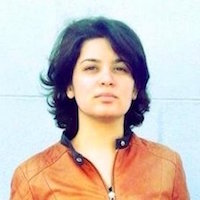
Bahareh Heravi
@Bahareh360
Bahareh is an Assistant Professor in the School of Information and Communication Studies at University College Dublin, where she is the the Postgraduate Director and the Director of the newly found Data Journalism certification programme, commencing in September 2017. Prior to joining UCD, Bahareh was the Head of Insight News Lab at the Insight Centre for Data Analytics at the National University of Ireland, Galway. During this time she led a number of R&D projects with the Irish National TV and Radio broadcaster, RTÉ. Bahareh is the former Lead Data Scientist at The Irish Times and the founder of Hacks/Hackers Dublin.
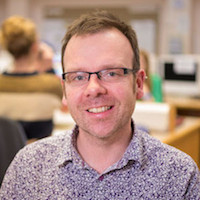
Glyn Mottershead
@glynmottershead
A former newspaper reporter, feature writer, subeditor and production journalist, Glyn has worked across a range of news beats including crime, health and local government. Glyn is a co-author of The 21st Century Journalism Handbook and specialises in Digital Journalism and Data Journalism. He is a member of Investigative Reporters and Editors, and the Online News Association. Glyn is the co-director of the MSc Computational and Data Journalism at Cardiff University. He teaches at undergraduate and postgraduate levels, specialising in digital and data journalism. He is one of the founders of Hacks/Hackers South Wales X South West.

Martin Chorley
@martinjc
Martin is a lecturer in the School of Computer Science & Informatics at Cardiff University, where he is course director for the MSc Computational and Data Journalism, chair of Postgraduate operations, and Deputy Director of Learning and Teaching. His research is primarily focused in the areas of computational journalism and mobile and social computing, where he examines the ways in which humans and society interact with systems and technology. He teaches web development, data analysis and visualisation. He is one of the organisers of the PyDiff meetup in Cardiff, and is also one of the founders of Hacks/Hackers South Wales X South West.
Program Committee
- James Hamilton (Stanford University, U.S.)
- Nicholas Diakopoulos (University of Maryland, U.S.)
- Meredith Broussard (New York University, U.S.)
- Cheryl Phillips (Stanford University, U.S.)
- Eddy Borges Rey (University of Stirling, Scotland, U.K.)
- Marc Esteve del Valle (University of Groningen, The Netherlands)
- Miranda McLachlan (Goldsmiths, University of London, U.K.)
- Stefano Ceccon (The Times and The Sunday Times, U.K.)
- Jonathan Gray (University of Bath, U.K.)
- Paul Bradshaw (Birmingham City University, U.K.)
- Bahareh Heravi (University College Dublin, Ireland)
- Glyn Mottershead (Cardiff University, Wales, U.K.)
- Martin Chorley (Cardiff University, Wales, U.K.)
Sponsors

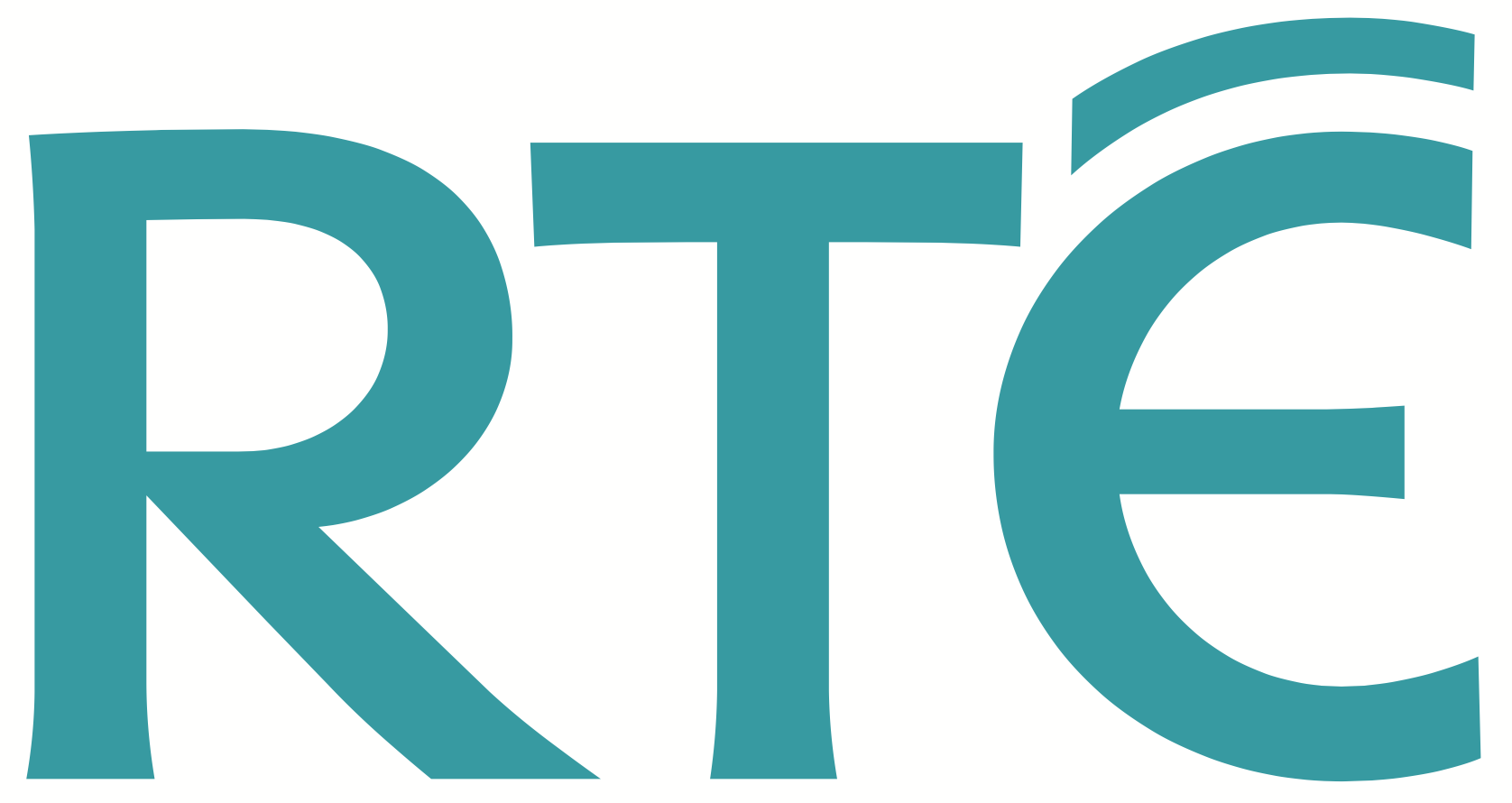
Supported by




